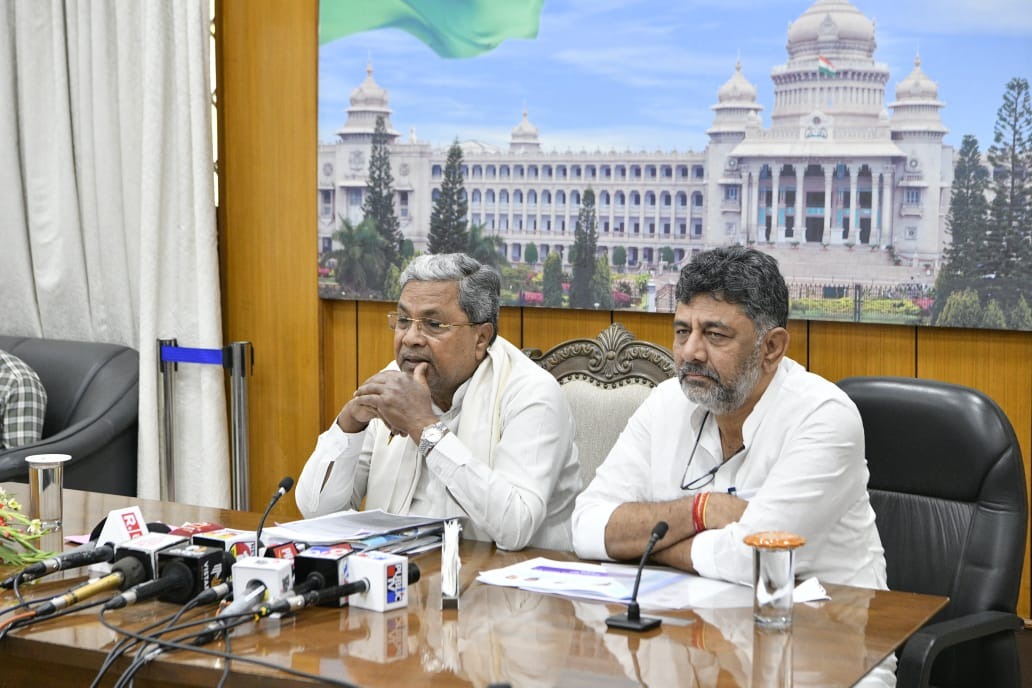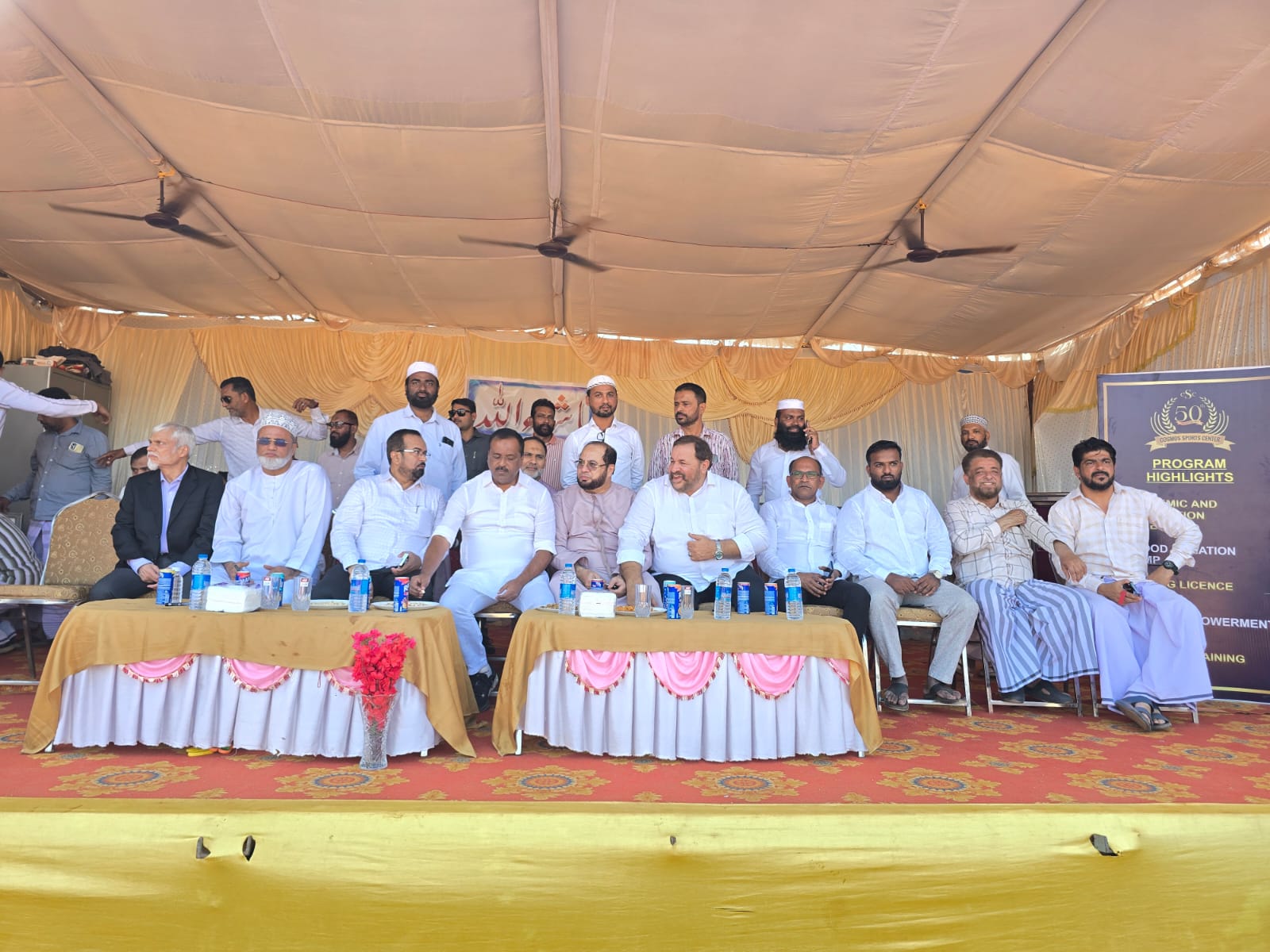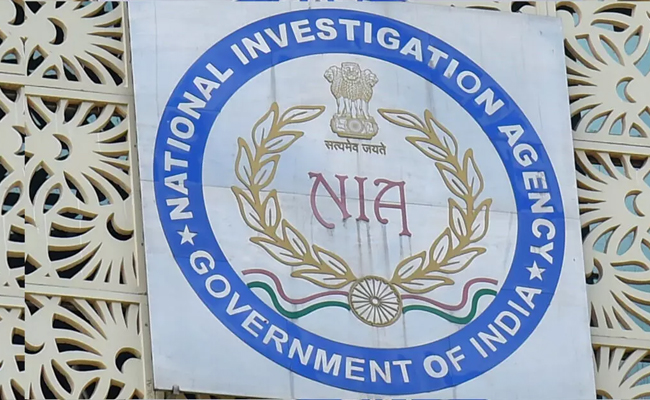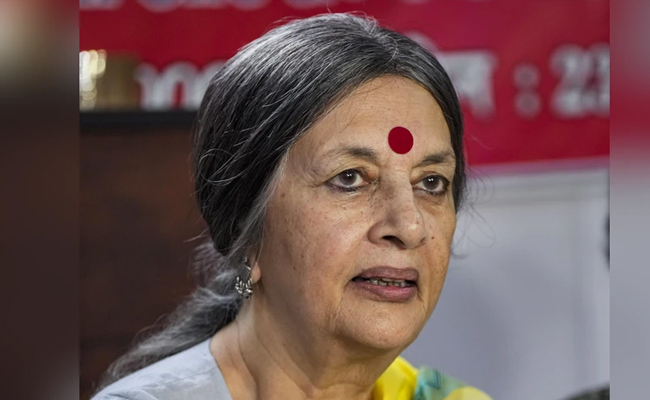Bengaluru(PTI): The Karnataka government on Wednesday constituted a committee of experts to frame the Karnataka State Education Policy to replace the National Education Policy (NEP).
The state government has issued a 'Government Order' constituting a 15-member committee and there is a separate group of eight subject experts/ advisors to give expert advice.
"The Government is pleased to accord sanction to constitute the State Education Policy Commission for preparation of draft Karnataka State Education Policy under the chairmanship of Prof. Sukhdev Thorat, an eminent Educationist. Economist, Professor, Writer and Former Chairman of UGC New Delhi," the GO said.
The Commission shall submit its report by February 28, 2024.
The members of the committee include -- Prof. S Japhet, Founding Director of the UGC sponsored Centre for the Study of Social Exclusion and Inclusive Policy (CSSEEIP), Dr. Sudhir Krishnaswamy, Vice Chancellor of National Law School of India University (NLSIU), Dr. Sharat AnanthaMurthy, Professor, School of Physics, University of Hyderabad, A Narayana, Professor with the school of policy and Governance, Azim Premji University -- among others.
Dr. Bhagyavana S Mudigoudra, Special Officer, Department of Higher Education, will act as the Member Secretary to the commission, and will coordinate and maintain the proceedings of the meeting.
Members are identified as subject experts/advisors for expert advice include:
Prof. Yogendra Yadav, Senior Fellow at the Center for the Study of Developing Societies, Delhi; Prof. Rahamath Tarikere, Retd. Professor in Kannada, Kannada University, Hampi; Prof. Janaki Nair, Historian and Retd., Professor at the Centre for Historical studies, Jawaharalal Nehru University, Sonam Wangchuk, Engineer turned Education Reformer and Director of the Himalayan Institute of Alternatives, Ladakh (HIAL), among others.
"A committee has been established, under the chairmanship of Prof. Sukhdev Thorat, to prepare the draft of the Karnataka State Education Policy. I am confident that this committee will provide suitable recommendations for nurturing scientific temperament, intellectual growth, and necessary education for the holistic development of students," Chief Minister Siddaramaiah said in a post on social media platform 'X'.
"I hope the Karnataka's State Education Policy will serve as a model education policy for the country," he added.
Karnataka Deputy Chief Minister DK Shivakumar had recently said that the state government has decided to scrap the existing National Education Policy introduced by the Bharatiya Janata Party-led government and formulate a new education policy for the state in the coming year.
During the BJP rule, Karnataka was the first state to implement the National Education Policy in 2021 in the country.
The Government Order shall come into effect immediately, it said and added that all authorities concerned are hereby directed to extend their fullest cooperation and assistance to the commission during its deliberations.
Department of State Educational Research and Training (DSERT) and Karnataka State Higher Education Council (KSHEC), Bengaluru will provide all administrative / secretariat assistance and logistic support to the Commission. The members of the Commission will be paid TA/DA as per extant rules of Government of Karnataka.
The Department of School Education & Literacy and Department of Higher Education will appoint nodal officers who will make all necessary arrangements for the Commission covering its meetings, travel, boarding and lodging of the members.
Karnataka has decided to constitute a Commission to undertake careful review of the School and Higher Education in Karnataka and to suggest policies to achieve a higher enrolment in the schools and higher education; to expand the education with improved quality; to provide equal access to all individuals to quality education, the GO in its preamble said.
It also aims to meet the prime goals of education effectively i.e., imparting scientific knowledge to the students, to inculcate democratic values, give skill and professional education to enhance employability and giving moral education to build good citizenship among the students.
Let the Truth be known. If you read VB and like VB, please be a VB Supporter and Help us deliver the Truth to one and all.
Mumbai (PTI): In view of Argentine superstar footballer Lionel Messi's visit to Mumbai on Sunday, the city police are implementing stringent security measures, like not allowing water bottles, metals, coins inside the stadiums and setting up watchtowers to keep an eye on the crowd, officials said.
The police also said taking extra care to avoid any stampede-like situation and to prevent recurrence of the chaotic situation that unfolded in Kolkata during Messi's visit on Saturday as thousands of fans protested inside the Salt Lake stadium here after failing to catch a clear glimpse of the football icon despite paying hefty sums for tickets.
Messi is expected to be present at the Cricket Club of India (Brabourne Stadium) in Mumbai on Sunday for a Padel GOAT Cup event followed by attending a celebrity football match. He is expected to proceed to the Wankhede Stadium for the GOAT India Tour main event around 5 pm.
"In view of Lionel Messi's visit to Mumbai, the police are geared up and have put in place a high level of security arrangements in and around the stadiums located in south Mumbai. Considering the chaos that prevailed in Kolkata and the security breach, we have deployed World Cup-level security arrangements at Brabourne and Wankhede stadiums," an official said.
Expecting heavy crowd near the stadiums during Messi's visit, the city police force has deployed more than 2,000 of its personnel near and around both the venues, he said.
As the Mumbai police have the experience of security 'bandobast' during the victory parade of ICC World Cup-winning Indian team and World Cup final match at the Wankhede Stadium, in which over one lakh cricket fans had gathered, we are prepared to handle a large crowd of fans, he said.
"We are trying to avoid the errors that occurred in the past," the official said.
There is no place to sneak inside the stadiums in Mumbai like the Kolkata stadium, according to him.
The police are also asking the organisers to provide all the required facilities to the fans inside the stadium, so that there will be no chaos, he said, adding the spectators have purchased tickets in the range of Rs 5,000 to 25,000. After paying so much of amount, any spectator expects proper services, while enjoying the event, he said.
The police are expecting 33,000 spectators at the Wankhede Stadium and over 4,000 at Brabourne Stadium. Besides this, more than 30,000 people are expected outside and around the stadiums just to have a glimpse of the football sensation, he said.
The organisers responsible for Messi's India visit recently came to Mumbai to discuss security arrangements. During the meeting, the Mumbai police asked them not to take the event lightly, according to the official.
After those requirements were fulfilled, the final security deployment was chalked out, he said.
Police has the standard procedure of the security arrangements inside the Wankhede Stadium, where people are barred from taking water bottles, metals objects, coins. Police are setting up watch towers near the stadiums and there will be traffic diversions, so that there is maximum space available to stand, according to the official.
Police are also appealing to the spectators to use public transport service for commuting and avoid personal vehicles to reach south Mumbai.
To avoid any stampede-like situation, police are also taking precautionary measures and will stop the fans some distance ahead of the stadium and public announcement systems will be used to guide the crowd. Barricades will be placed at various places to manage the crowd.
In case the crowd swells up beyond expectation, the police will divert people to other grounds and preparations in this regard underway, he said.
Additional police force has been deployed in south Mumbai to tackle any kind of situation, he said.





